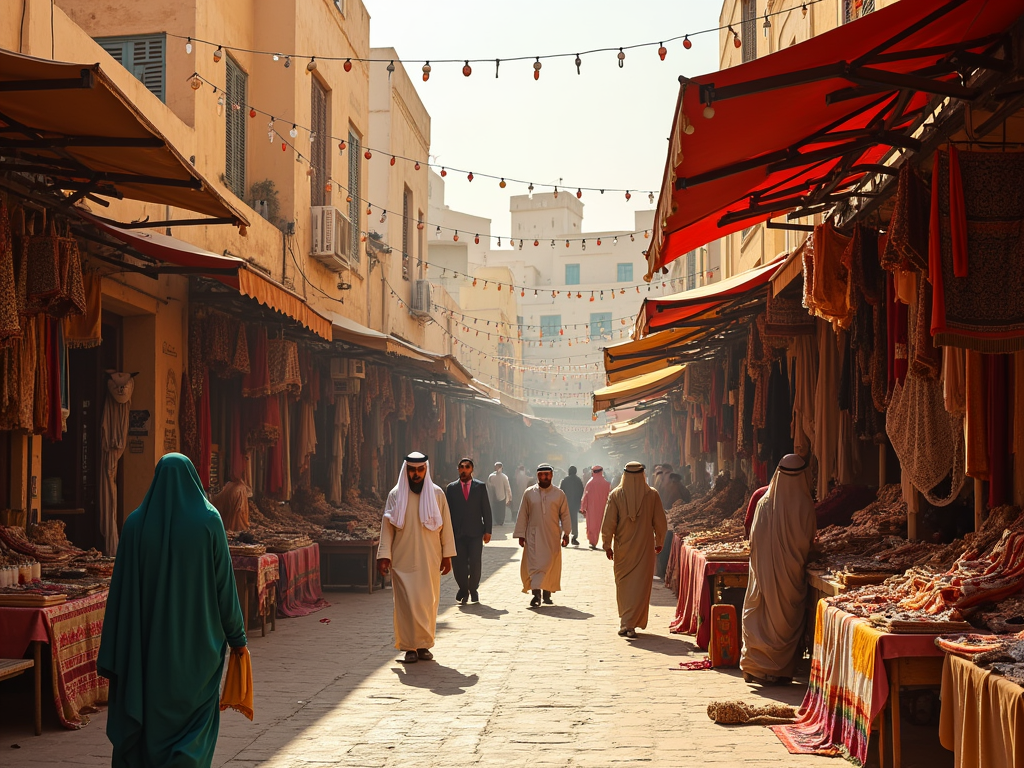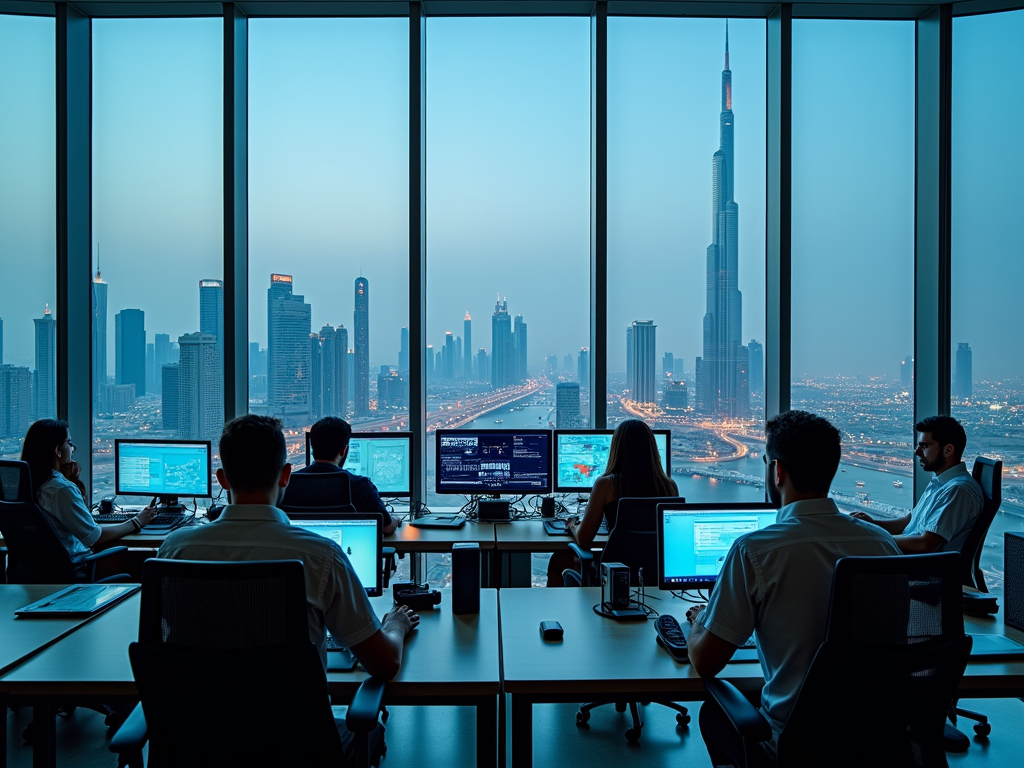Dubai’s telecommunication infrastructure presents a wealth of opportunities for businesses and investors looking to tap into a rapidly evolving digital landscape. The UAE has made significant investments in its telecom
Category: Business and Economic Opportunities

Opportunities in Dubai’s Cultural Heritage TourismOpportunities in Dubai’s Cultural Heritage Tourism
Dubai, known for its luxury and modernity, is also a city rich in cultural heritage, presenting numerous opportunities for tourism. As more travelers seek authentic experiences, Dubai’s cultural heritage tourism

Opportunities in Dubai’s Language Learning and Educational AppsOpportunities in Dubai’s Language Learning and Educational Apps
Dubai stands at the crossroads of innovation and education, presenting unique opportunities for language learning and educational apps. With a diverse population comprising over 200 nationalities, the demand for effective

Understanding the Dynamics of Family Businesses in DubaiUnderstanding the Dynamics of Family Businesses in Dubai
Family businesses are a significant component of the economic landscape in Dubai, driving innovation and contributing to the local community. This article delves into the unique characteristics, challenges, and opportunities
